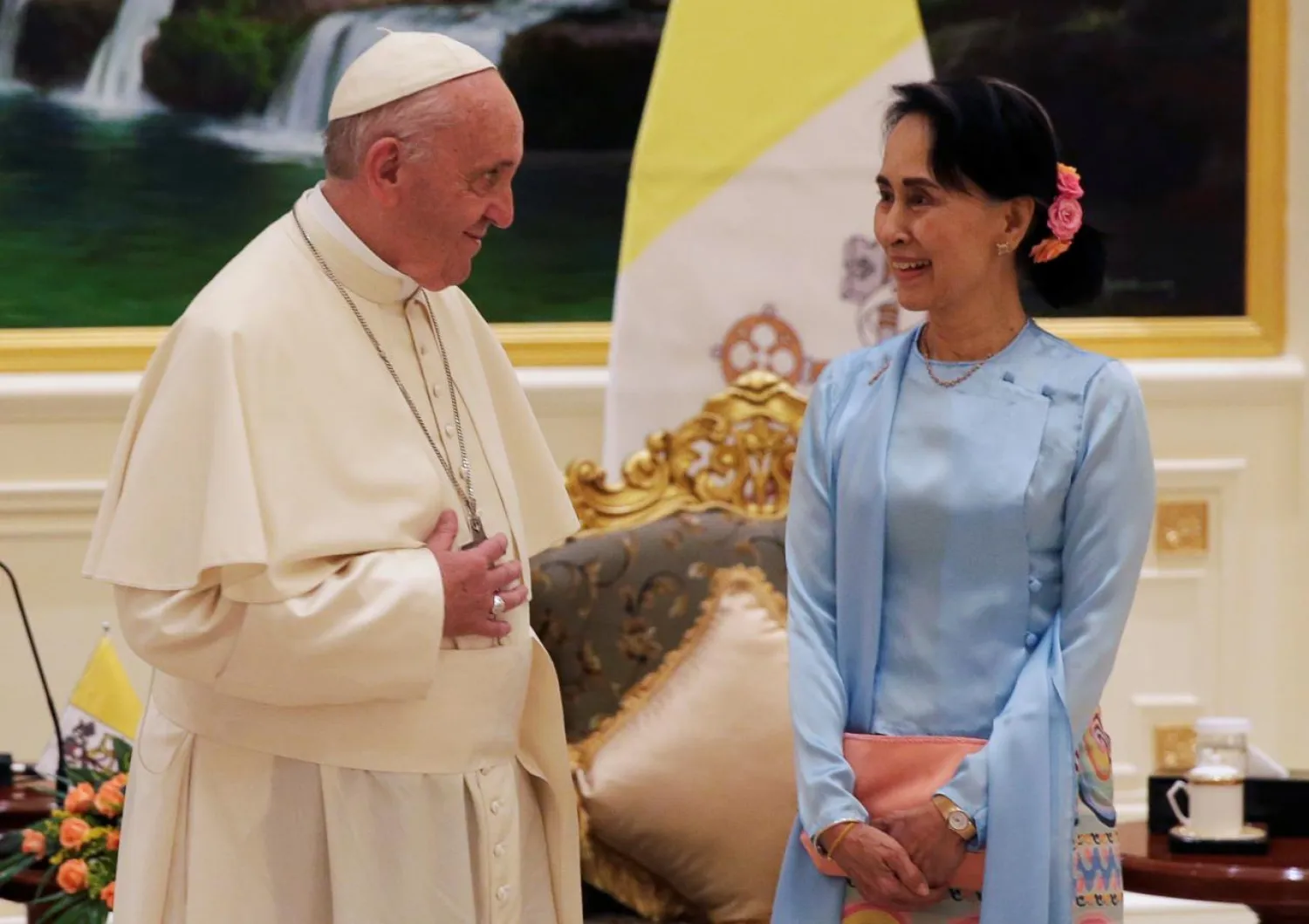The Organization of the Islamic Cooperation (OIC) on Thursday welcomed the visit of Pope Francis to Myanmar and his reaffirmation of support to peace and national reconciliation which can only advance through a commitment to justice and respect for human rights.
According to the Saudi Press Agency, such visits to Myanmar are important to highlight the plight of those people, particularly the Rohingya, that have faced injustice and persecution. The OIC appreciated the call by the Pope for the Myanmar authorities to have "respect for each ethnic group" and his appeal to the country that "religious differences need not be a source of division and distrust, but rather a force for unity, forgiveness, tolerance and wise nation-building."
More so, the OIC reiterates its appreciation to the Government of Bangladesh for its efforts to provide for the large influx of Rohingya refugees in the country and reiterates the call upon member states to support Bangladesh in these humanitarian endeavors.
The Muslim body has also taken note of the agreement between Bangladesh and Myanmar to repatriate Rohingya to their homeland and maintains that any such agreement must clearly identify the terms and conditions, including the numbers that will be returned and provide guarantees of safety.
The body repeated its call to the Myanmar government that Rohingya refugees must be allowed to return in safety and dignity to their original places of residence and that the authorities must take concrete steps to address the root causes of tensions in Rakhine State, including the anti-Rohingya and anti-Muslim rhetoric which is promoted by extremist right wing groups in print, public and social media arenas.









